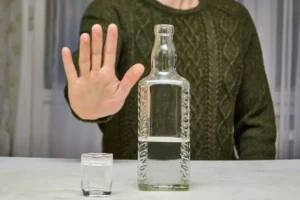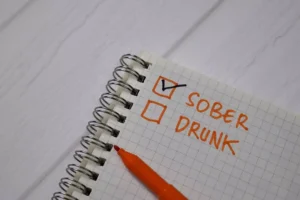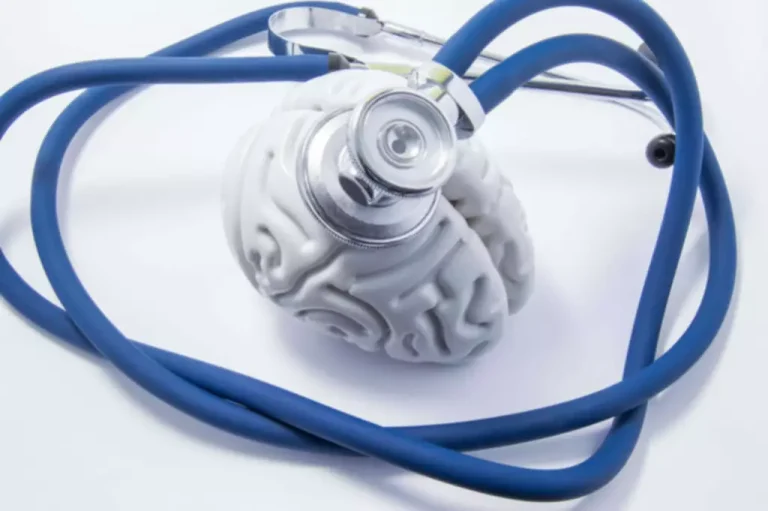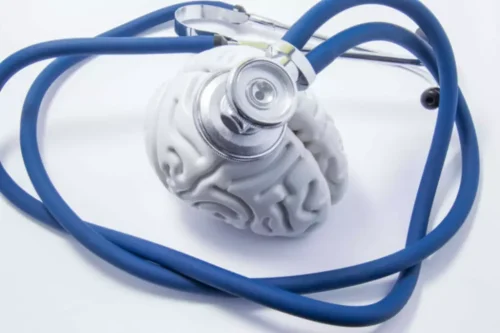
Always cover your mouth while sneezing to maintain hygienic conditions and prevent the spread of germs. Researchers have discovered that some people sneeze when they have sexual thoughts or when they orgasm. A sneeze happens when something like mucus, a tiny object, or an allergen interacts with skin or the tiny hairs that line your nose. In that case, it’s better to cough or sneeze into your upper sleeve rather than your hands. Any way you handle a sneeze, make sure you wash your hands right after to avoid exposing others to germs. As the Centers for Disease Control and Prevention (CDC) points out, sneezing is one way that illness and diseases are spread.
Alcohol allergy: all the signs to look out for (including going red when you drink)

Closing your eyes when you sneeze is an automatic reflex reaction. But it takes a lot of concentration to override your body’s natural response. Contrary to popular belief, your eyes won’t pop out if you manage to conquer this challenge. Sneezing sends up to 40,000 tiny droplets from your mouth and nose into the air or on nearby surfaces. If someone else breathes in these droplets or touches a surface where sneezing when drunk they land, they can get symptoms of infection.
Why do we sneeze when we have allergies?
Additionally, heavy drinkers usually get most of their calories from alcohol. The problem is that alcohol is a wellspring of empty calories—which are calories with minimal nutritional value. Hence, consuming alcohol as your primary source of fuel will lead to poor nutrition and weight loss. Sneezing from chemical and physical irritants is not due to the release of histamine, so most antihistamines would not be expected to help in these cases either. Remember those old cartoons when black pepper was used to launch a character into a sneezing attack?
Medical Professionals
If you’re frequently sneezing after drinking, you must see a doctor as there may be an underlying condition that needs to be treated. If you find that warm drinks make you sneeze, try chilling them before you drink them. This will help to soothe the mucous membranes in your nose and prevent them from swelling and triggering a sneeze. Spirits such as vodka and gin can also cause sneezing due to the presence of histamines. In addition, some people find that the alcohol in these drinks irritates their nose, leading to sneezing. Like wine, beer also contains histamines, which can trigger sneezing.
Why do we close our eyes when we sneeze?

Dr. Mynes says that while sneezing helps get rid of unwanted particles from the body, it also can spread sickness through those thousands of particles. Whether you’re a dainty, blowhorn, or keep-it-to-yourself sneezer, there’s one thing we all have in common—just about everybody sneezes. From babies to the elderly, our bodies are programmed to produce these involuntary reactions when our nostrils detect an irritant.
General Health

It could be a sign that you actually have an allergy, or an intolerance. If you have an alcohol allergy, your immune system over-reacts to alcohol. If you have alcohol intolerance, your digestive system doesn’t process alcohol properly.
- Many people report that red wine causes the most noticeable nasal congestion, even in those without an alcohol allergy or alcohol intolerance.
- A skin prick test should take place in a medical setting in case of a severe allergic reaction.
- To some degree, sneezing emulates an orgasmic experience, said Dr. Hascalovici.
- It could also be that alcohol has a natural side effect to make people congested.
Drink Less Alcohol : Learn how to moderate with no pressure to quit
If you find that certain drinks trigger your sneezing, try switching to a different type of alcohol. For example, if wine makes you sneeze, try drinking vodka or gin instead. Likewise, if beer makes you sneeze, try drinking vodka or gin instead. And if cocktails make Substance abuse you sneeze, try making your own with fresh fruit juices instead of pre-made mixes.
An alcohol intolerance is commonly mistaken for an alcohol allergy and is often misdiagnosed. If your body is unable to remove acetaldehyde from the body, symptoms like congestion, flushing, headaches, and more can persist. If you’re allergic to alcohol, you may experience hives, itching, swelling, difficulty breathing, and wheezing. If you experience these symptoms after drinking alcohol, you must see a doctor as you may need to be treated for an allergy. More-serious symptoms from heavy drinking may be a sign of alcohol poisoning — a life-threatening emergency.
- Additionally, heavy drinkers usually get most of their calories from alcohol.
- In addition, beer is often brewed with hops, comprising a compound called lupulin.
- These give many types of alcoholic beverages their taste and smell.
- Some people with asthma find that their breathing is affected when they drink alcohol.
- Not all sneezes happen when foreign substances enter our nostrils.
Additionally, research has shown that alcohol may alter the composition of helpful microorganisms in your gut. These organisms play a crucial role in your gut and immune system function. In short, alcohol may increase your risk of experiencing gastritis and digestive symptoms. Wine contains proteins from grapes, bacteria, and yeast, as well as sulfites and other organic compounds.